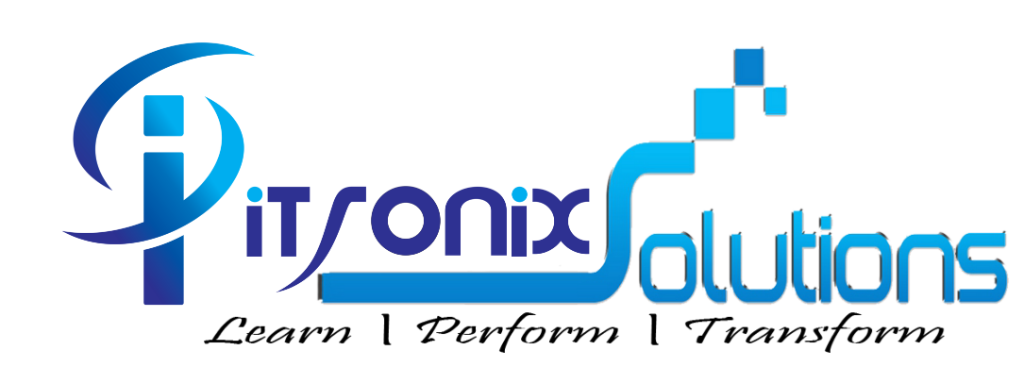


Dive into Embedded Systems course in Jalandhar, mastering hardware-software integration. Join us to unlock endless innovation opportunities!
Itronix Solutions
Best Embedded Systems Course in Jalandhar
Master hardware-software integration with our Embedded Systems course in Jalandhar, shaping the future of technology.
Module 1: Introduction to Embedded Systems
1. Overview of embedded systems and their applications
2. Characteristics and challenges of embedded systems development
3. Introduction to microcontrollers and microprocessors
4. Embedded system design process
Module 2: Embedded Hardware Fundamentals
1. Introduction to digital electronics and logic gates
2. Microcontroller architecture and components
3. Peripheral interfacing (GPIO, UART, SPI, I2C)
4. Analog-to-digital and digital-to-analog conversion
Module 3: Embedded Software Development
1. Introduction to embedded software development tools (IDEs, compilers)
2. Embedded programming languages (C, C++, assembly)
3. Basics of firmware development
4. Embedded software debugging and testing techniques
Module 4: Real-time Operating Systems (RTOS)
1. Introduction to real-time operating systems
2. Characteristics of RTOS (task scheduling, interrupt handling)
3. RTOS concepts and kernel architecture
4. Popular RTOSs for embedded systems (FreeRTOS, uC/OS)
Module 5: Embedded System Interfacing
1. Interfacing with sensors and actuators
2. Communication protocols for embedded systems (UART, SPI, I2C, CAN)
3. Introduction to wireless communication (Bluetooth, Wi-Fi, LoRa)
4. Working with displays and user interfaces
Module 6: Embedded System Design and Development Tools
1. Overview of design methodologies for embedded systems
2. Hardware description languages (VHDL, Verilog)
3. Simulation and modeling tools (Proteus, LTspice)
4. PCB design tools (KiCad, Eagle)
Module 7: Embedded Linux Development
1. Introduction to embedded Linux and its applications
2. Building and customizing Linux kernel for embedded systems
3. Cross-compilation and toolchain setup
4. Developing and deploying applications on embedded Linux
Module 8: Embedded System Security
1. Overview of embedded system security threats
2. Secure boot and firmware update mechanisms
3. Secure communication protocols and encryption
4. Implementing security measures in embedded systems
Module 9: Embedded System Design for IoT
1. Introduction to Internet of Things (IoT) and its components
2. Design considerations for IoT embedded systems
3. IoT protocols and communication standards (MQTT, CoAP)
4. Developing IoT applications and edge computing
Module 10: Embedded System Testing and Validation
1. Overview of testing methodologies for embedded systems
2. Unit testing and integration testing techniques
3. Hardware-in-the-loop (HIL) testing
4. Validation and compliance testing for embedded systems
Module 11: Power Management in Embedded Systems
1. Introduction to power management in embedded systems
2. Power consumption analysis and optimization techniques
3. Low-power design methodologies
4. Battery management and energy harvesting
Module 12: Industry Applications and Case Studies
1. Embedded systems in automotive applications
2. Embedded systems in consumer electronics
3. Embedded systems in industrial automation
4. Case studies of real-world embedded system projects
Module 13: Project Development
1. Planning and designing an embedded system project
2. Hardware and software implementation
3. Testing and debugging
4. Project presentation and demonstration
Conclusion and Certification
1. Review of key concepts covered in the course
2. Final assessment and certification of completion
This structured course content will provide learners with a comprehensive understanding of embedded systems development, covering both hardware and software aspects, and preparing them for a career in embedded systems engineering.
